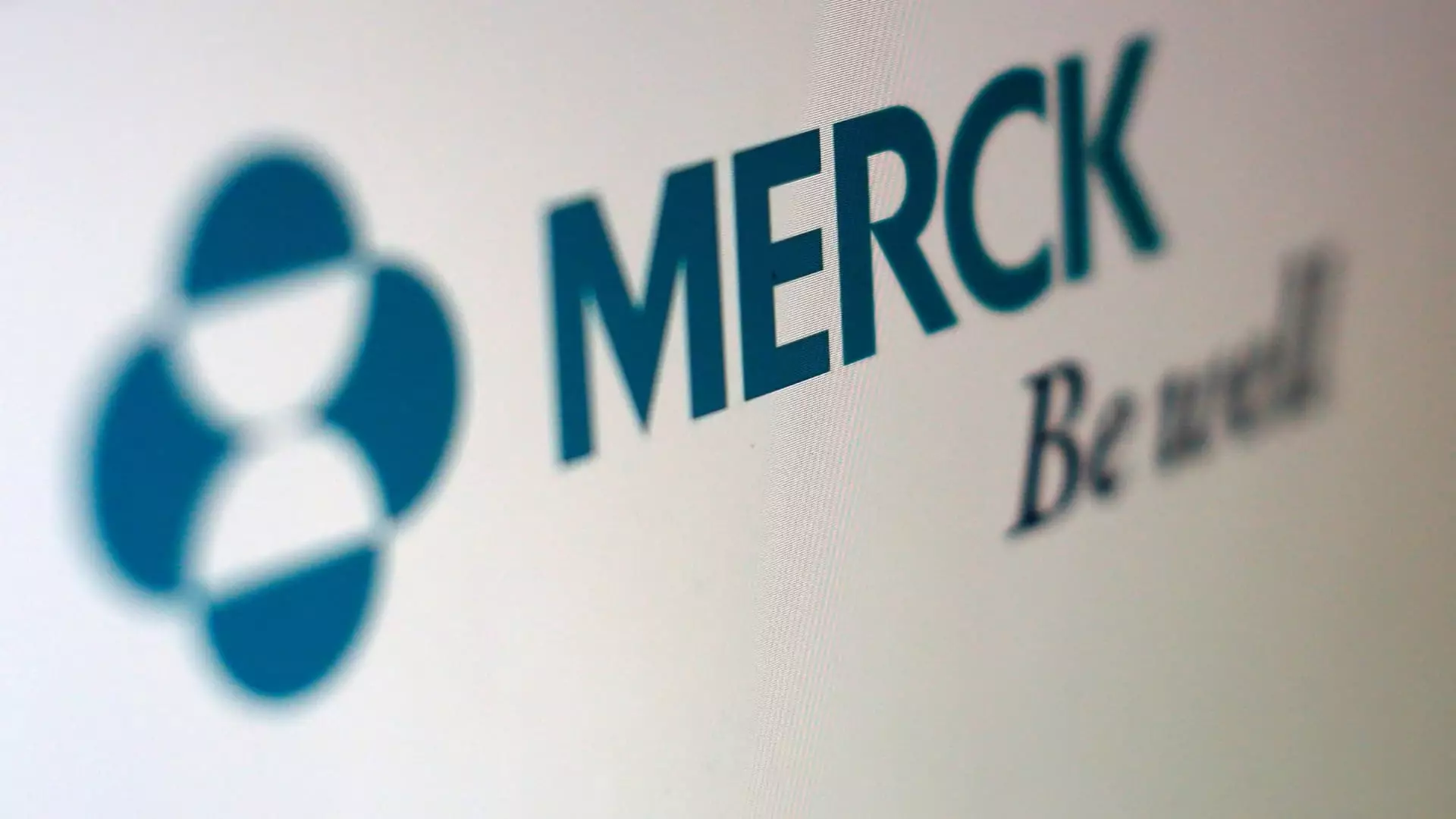In a significant yet ambivalent move, the FDA has granted approval to Merck’s latest innovation, a monoclonal antibody shot named Enflonsia, intended to combat respiratory syncytial virus (RSV) in infants. While many celebrate this as a breakthrough in public health, the implications of this development are far more complex when scrutinized through a liberal lens that embraces both medical advancement and the ethical responsibilities that accompany it. Enflonsia promises to offer protection during the critical first RSV season for infants, but the questions surrounding equitable access, adequate supply, and the implications for existing treatments loom large.
Competing Interests in a High-Stakes Market
Merck’s new shot is stepping into a battlefield already dominated by Sanofi and AstraZeneca’s Beyfortus, which, despite its overwhelming demand last year, suffered shortages that revealed the fragility of our healthcare supply chains. While competition between pharmaceutical giants can spur innovation, it often invites cutthroat measures that prioritize profits over patients. Merck’s anticipated quick rollout, set to begin in July, feels like an effort to capitalize on existing gaps rather than a pure commitment to public health. Will Enflonsia be a true savior, or simply a clever marketing ploy amidst a fundamental flaw in how we manage RSV outbreaks?
The Urgency Founded in Tragedy
RSV disproportionately affects infants and elderly populations, leading to thousands of hospitalizations and countless tragedies each season. The urgency behind the need for effective treatments can’t be overstated, and each pediatric death attributed to RSV should serve as a rallying cry for comprehensive approaches rather than an isolated rush for profits. The approval of Enflonsia might appear as a victory at first glance, but it raises profound concerns about accessibility and the socioeconomic factors that determine who benefits from this lifesaving treatment. Will this new drug be equitably distributed, or will it become yet another high-priced miracle available only to those who can afford it?
Real-Time Impact on Healthcare Systems
Dr. Dean Li of Merck has assured that Enflonsia’s availability is aimed at alleviating the “significant burden” associated with RSV infections. However, institutional promises often fall short of the realities faced by healthcare providers and families grappling with bureaucratic hurdles. In the absence of systematic change, new treatments like Enflonsia run the risk of becoming mere Band-Aids for deeply entrenched issues in the healthcare system. Families struggling financially may still find themselves trapped in a cycle of delayed treatments and inadequate support, despite the science that claims to protect their loved ones.
Comparative Efficacy: A Double-Edged Sword
The FDA’s approval highlights a fascinating yet troubling paradox—Enflonsia and Beyfortus, while both aimed at combating RSV, employ different methodologies to tackle the virus. The former can be administered irrespective of an infant’s weight, which may streamline the treatment process, but this simplicity may also mask the complexity of health inequality. Simpler dosages do not guarantee broader accessibility or better outcomes for all socio-economic groups. These differences in administration should provoke a dialogue about the ethical implications of treatment development—why not pursue one universally applicable solution, rather than several competing therapies that complicate the landscape?
The Broader Picture: Vaccines, Treatments, and Public Policy
The introduction of Enflonsia raises significant questions about our society’s approach to public health. With competing pharmaceutical products, the onus lies on regulatory bodies like the CDC to ensure that not just the affluent, but all communities receive adequate protection against RSV. It will be critical for stakeholders to navigate the imminent recommendations from outside vaccine advisors regarding RSV, as these discussions will shape our collective response to this insidious virus. It is not just a matter of getting a shot approved; it is about making the right choices for public health at large.
The stakes have never been higher in this race against RSV, and we must insist that the decisions made prioritize access, equity, and long-term health outcomes over profit margins. The approval of Enflonsia may be a step forward, but without comprehensive strategies that center on public well-being, we risk remaining prisoners of a market-driven healthcare system that fails the most vulnerable among us.


Leave a Reply